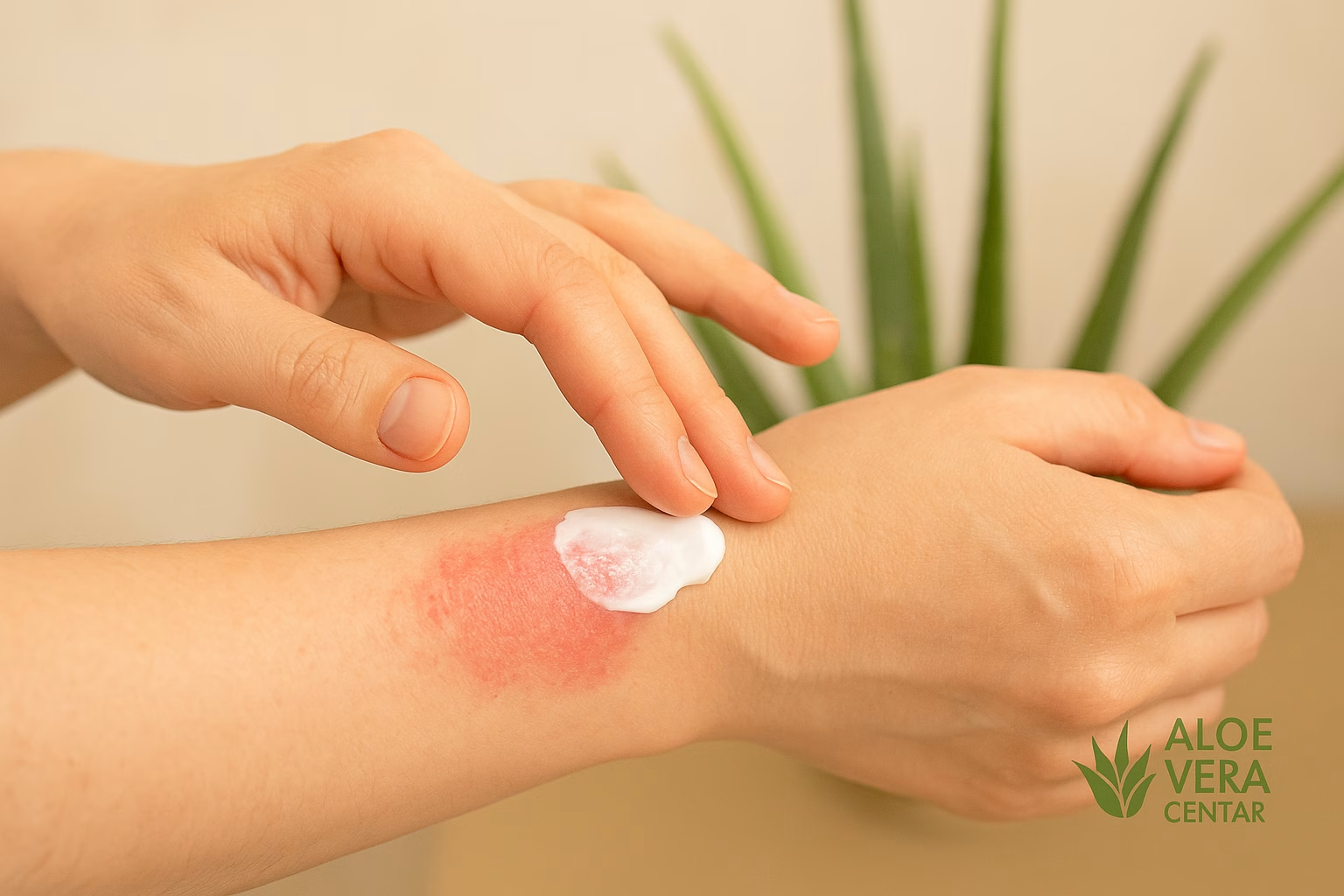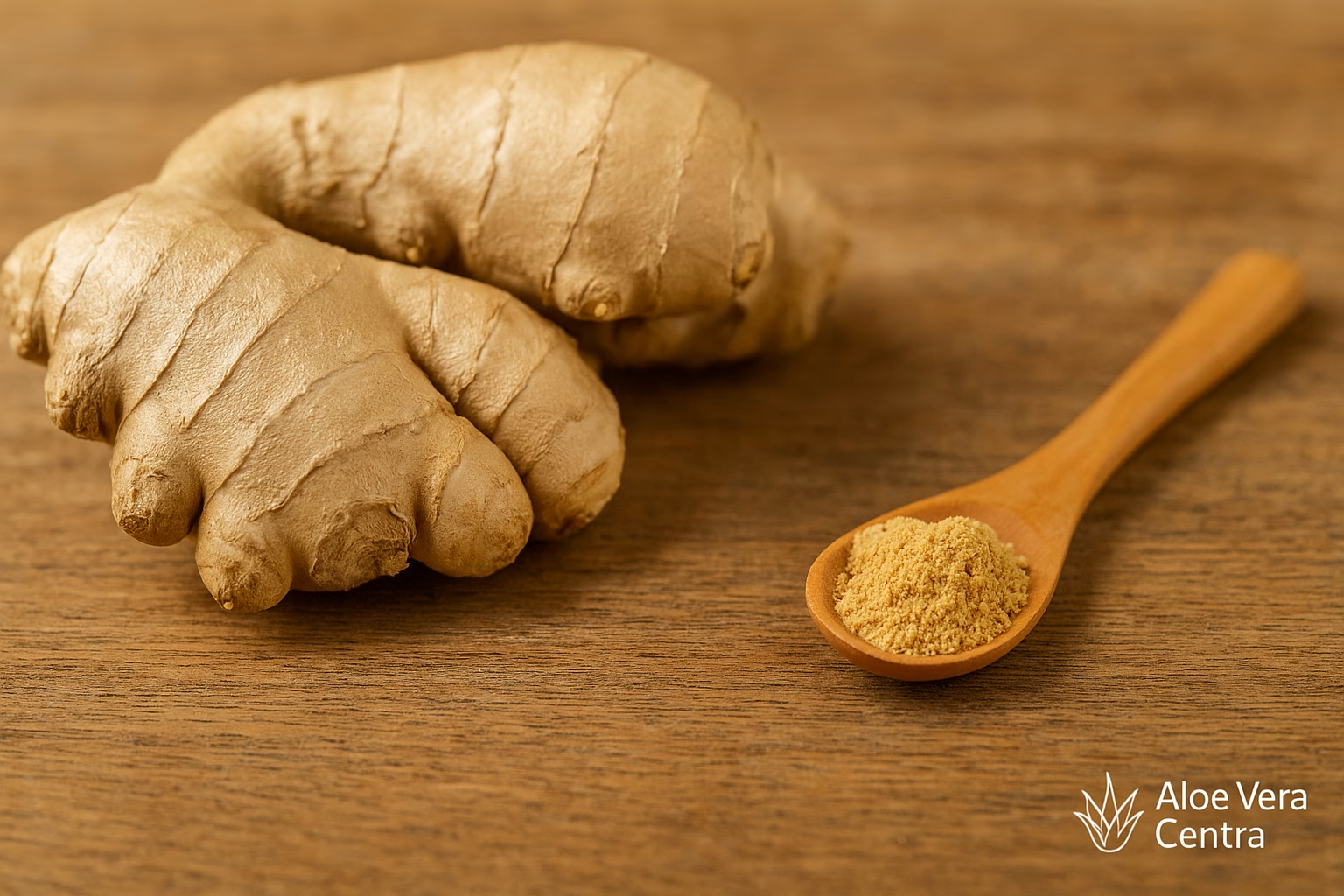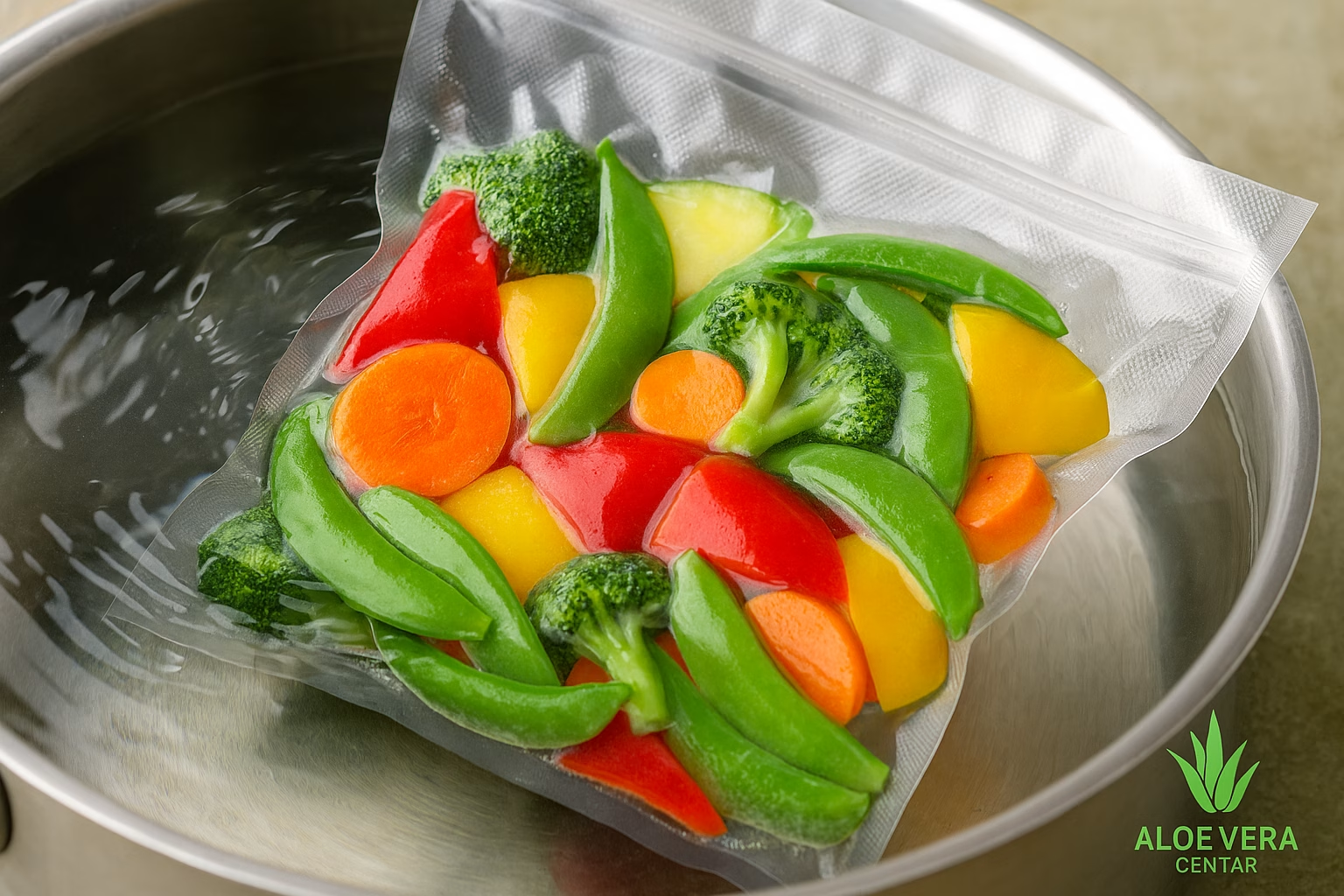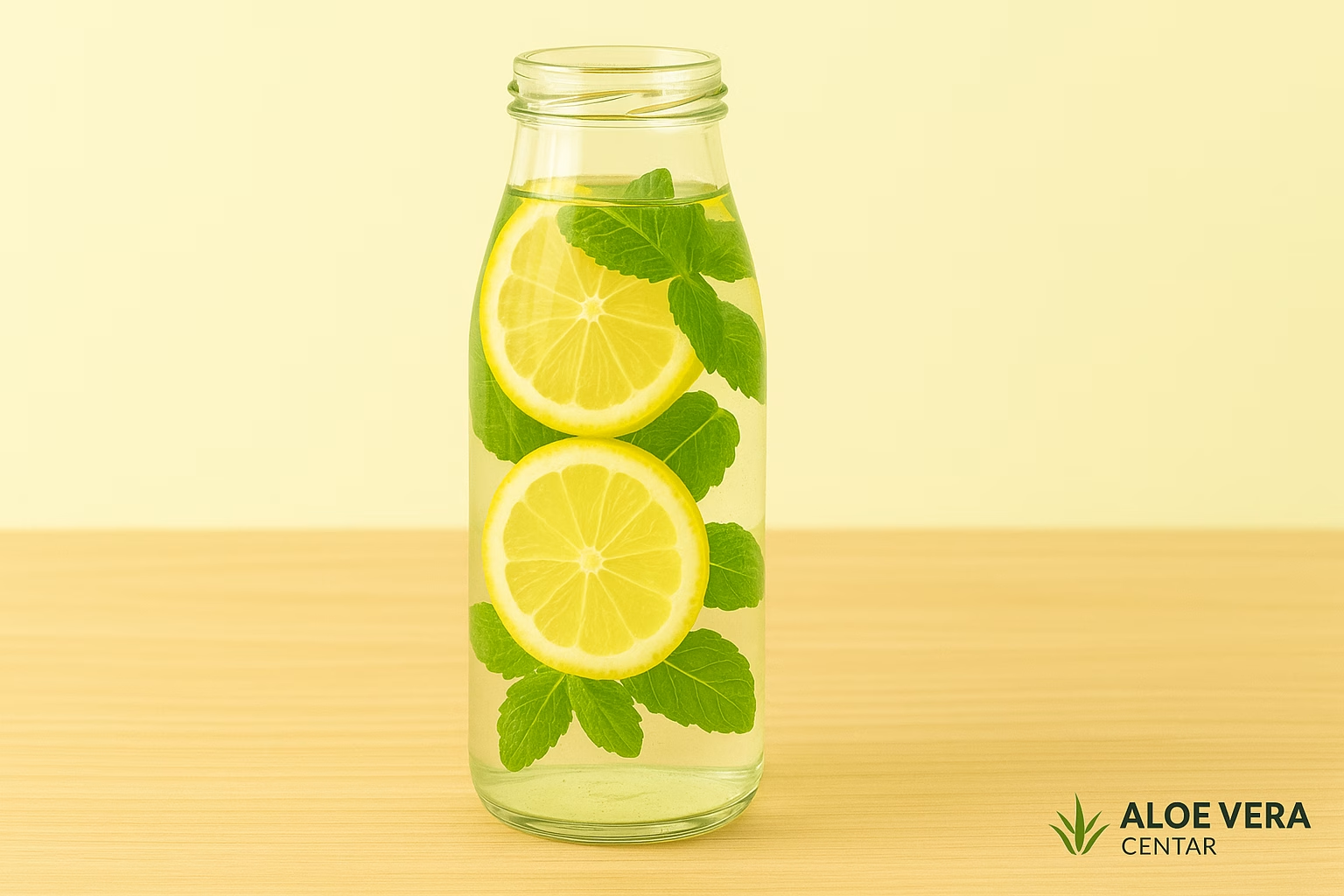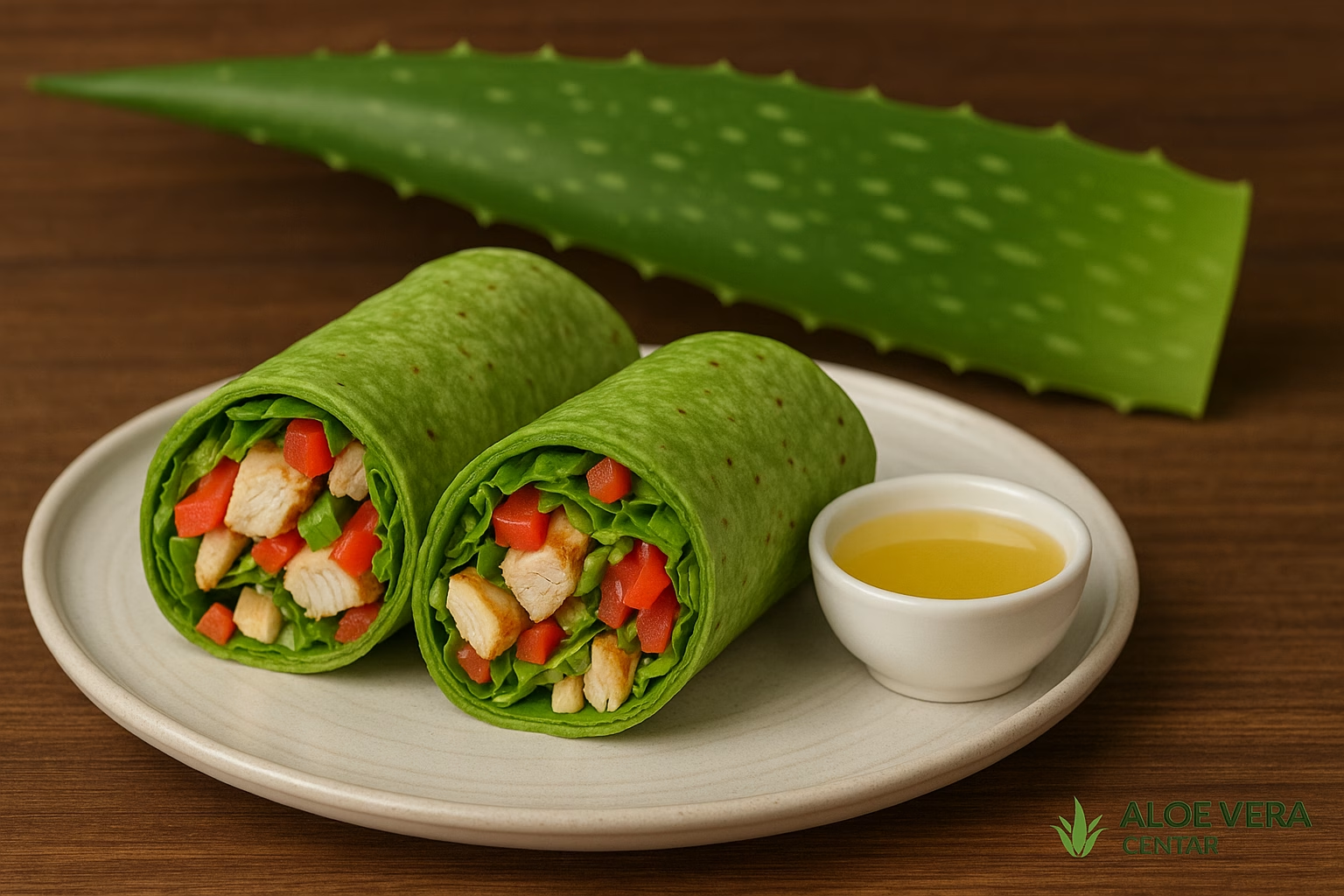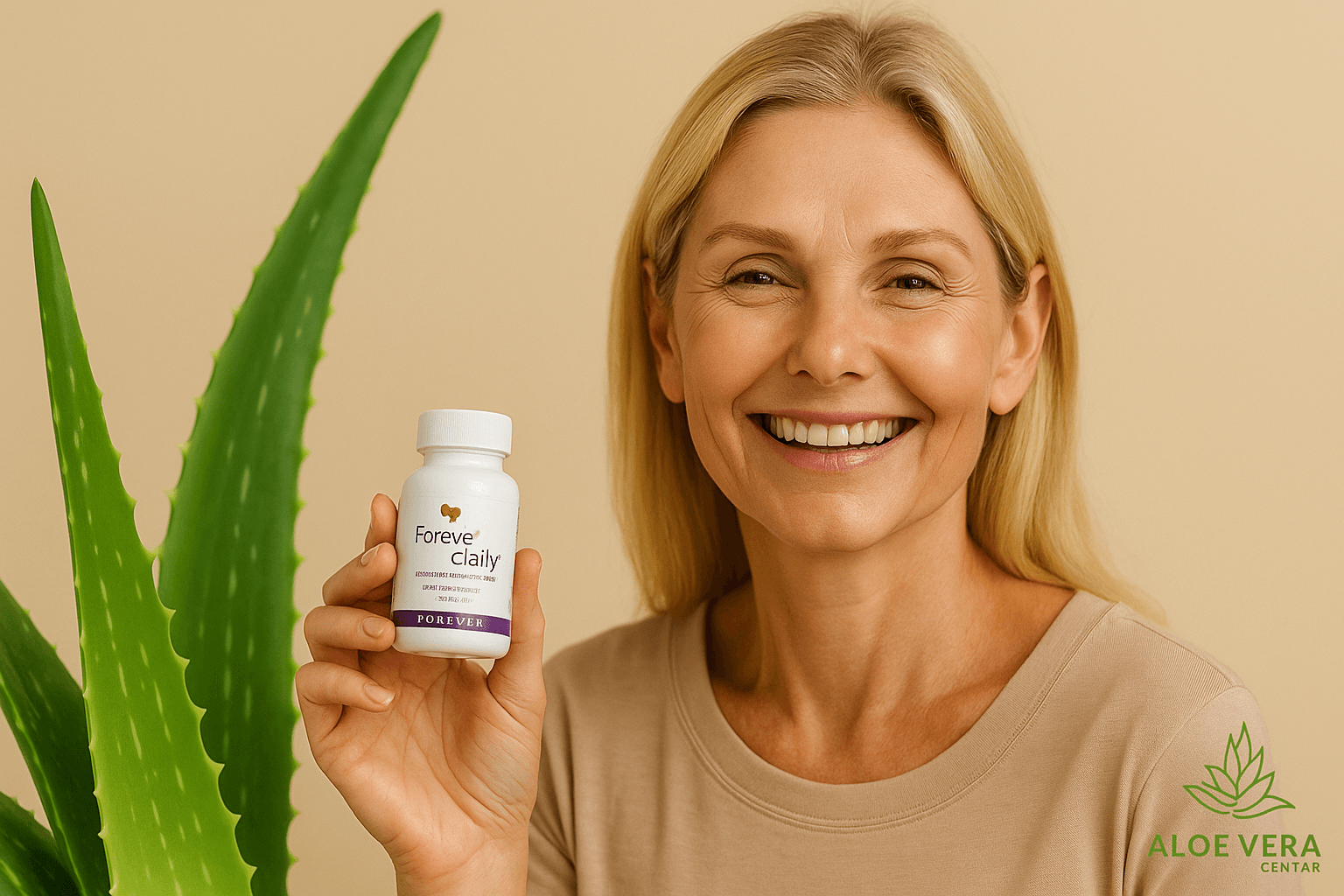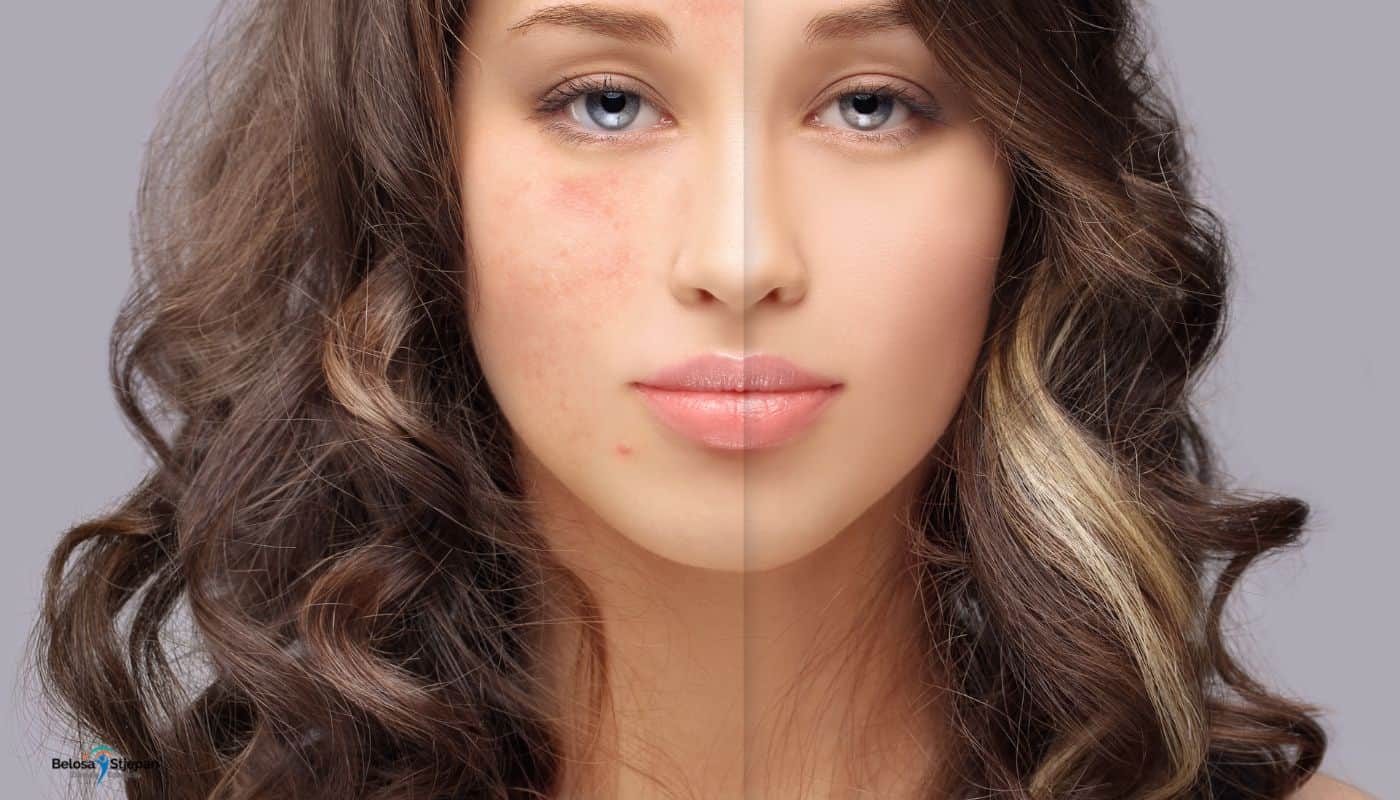
How to remove pimples with Aloe Vera – a complete guide
Have you ever wondered how to get rid of pimples effectively and naturally? In this article, we will explore the different causes of pimples and acne and explain how Aloe Vera can help you solve these annoying skin blemishes. Even if you suffer from frequent hormonal imbalances, stress, or inadequate facial care, Aloe Vera shows strong anti-inflammatory and soothing effects that can make a very noticeable difference. On the following pages, you will learn why Aloe Vera, as a natural ally in skin care, is one of the most popular options for helping to get rid of pimples, how to use it effectively in your daily routine, and what you should watch out for. We have also collected useful practical advice, frequently asked questions, and scientific references that confirm the effectiveness of this plant.
What causes pimples and acne?
Pimples and acne are a common problem that affects many adolescents, as well as many adults. Although it most often occurs in the teenage years, acne can also appear later in life, which is why many people are looking for a solution to get rid of pimples in the long term. The main cause of acne is usually hormones, especially androgens, which stimulate the sebaceous glands. When the sebaceous glands produce excessive amounts of sebum, the pores can become clogged and inflamed, which favors the formation of pimples and blackheads.
If you suspect that a hormonal imbalance is behind your skin problems, it is worth learning about natural ways to balance hormones. For example, multi maca, a natural solution for hormone problems can be a good option. Excess sebum, combined with impurities and dead skin cells, leads to inflammation, redness and eventually unpleasant pimples.
We must not forget the influence of genetic predispositions, stress and external factors such as improper diet and inappropriate cosmetics. The accumulation of sebum can also lead to the appearance of sebaceous cysts, while some people also encounter stubborn infections caused by bacteria. In any case, it is extremely important to properly cleanse and care for the skin.
How Aloe Vera helps with problem skin
Aloe Vera is known for its anti-inflammatory and moisturizing properties. According to research, the active ingredients in Aloe Vera help to calm redness and may also have antibacterial properties, which is extremely important in the fight against acne. Overly aggressive cleansing products can often damage the skin’s protective barrier and stimulate even more sebum secretion, while gentler care using Aloe Vera-based soaps is more effective because it simultaneously soothes the skin and reduces inflammation.
The key advantage of Aloe Vera is its ability to provide the skin with deep hydration, which is important even for oily and acne-prone skin. When the skin is regularly cared for with sufficiently moisturizing but non-comedogenic products, the sebaceous glands are less likely to exaggerate sebum production. In this way, you create optimal conditions for preventing new pimples, and the existing ones calm down faster.
Don’t neglect the emotional aspect either – pimples and acne can affect your self-confidence. Sometimes, when your skin condition worsens, additional stress and worries become new triggers for inflammation. That’s why it’s important to take care of your internal and external health. In this regard, it’s also useful to familiarize yourself with the topic of stress management, for example through articles such as how to reduce stress in two simple steps .
How does Aloe Vera work on skin lesions and scars?
When it comes to scars and damage that can occur due to long-term and aggressive forms of acne, Aloe Vera also plays a positive role. With its regenerative properties, it promotes the renewal of the epidermis, and regular use of Aloe Vera-based products can reduce the visibility of scars, improve tone and generally even out skin texture.
Scientific studies like this one show that Aloe Vera gel contains complex active components (such as polysaccharides and antioxidants) that can accelerate the wound healing process. Although additional research is still being conducted, many practical experiences and expert articles confirm that Aloe Vera is a valuable solution for anyone struggling with various forms of skin inflammation.
Gentle cleansing and hydration
The first step in the fight against acne is to cleanse your face properly. Use products that will not further irritate the skin and that are adapted to the type of skin prone to acne. Aggressive products often lead to increased sebum secretion, which only worsens the problem. The advantage of Aloe Liquid Soap lies in its gentle formula that does not dry out the skin and has a soothing effect.
- Wash your face morning and evening with lukewarm water.
- Use a hydrating toner or micellar water (alcohol-free) to further remove impurities.
- Choose a non-greasy moisturizing cream or gel with Aloe Vera.
Along with regular cleansing, hydration is also important . Although many people think that oily skin is enough to remove excess sebum, it still needs balanced moisture. Here Aloe Vera stands out again as a great choice due to its moisturizing, yet light effect.
Use Aloe Vera gel to relieve inflammation
One of the best ways to remove pimples with the help of Aloe Vera is to directly apply the pure gel to the problem areas. We recommend Aloe Vera Gelly , which is specially formulated for deep hydration and quick soothing of the skin. Also, products enriched with propolis can additionally help thanks to their antimicrobial and regenerative properties.
In order to prevent the formation of scars, it is very useful to react in time and try to reduce inflammation as soon as possible. That is why daily application of gel rich in Aloe Vera, especially on active pimples, is an important step in the routine.
Quick tips for applying Aloe Vera gel:
- Cleanse the skin with a mild cleanser.
- Apply a thin layer of Aloe Vera gel directly to the pimples or your entire face.
- Allow the gel to fully absorb before applying other products.
- Use it twice a day (morning and evening).
Hormones and pimples: how to find balance?
Hormones are one of the most common triggers for increased sebum secretion. When the body goes through hormonal changes (puberty, menstruation, pregnancy, menopause), acne can worsen. That’s why many people wonder how to get rid of pimples when it’s obvious that hormones play a big role.
If you are concerned that hormones may be negatively affecting your skin, we recommend that you look into products like Multi Maca , which can naturally help balance hormones. In addition, a healthy diet rich in fruits, vegetables, and adequate amounts of protein and healthy fats can support proper hormone secretion and have a beneficial effect on skin condition.
Other tips for beautiful skin
Beautiful and healthy skin depends not only on the products you use, but also on your overall lifestyle. It’s important to balance your diet, exercise regularly, and avoid excessive sun exposure and stress. Here are a few more tips:
- Diet: Limit your intake of refined sugars and processed foods as they can trigger inflammatory processes in the body.
- Water: Drink enough water to help detoxify the body and ensure optimal skin moisture.
- Physical activity: Regular exercise stimulates circulation, which contributes to a better supply of oxygen and nutrients to the skin.
- Sleep: Good sleep is key to skin regeneration and reducing stress levels.
- Minimize stress: Learn relaxation or meditation techniques to manage stress-induced hormonal changes.
The importance of stress reduction
Stress is a common cause of increased sebum secretion. When we are stressed, cortisol levels increase, which can trigger inflammatory processes and accelerate the appearance of pimples. Therefore, in addition to proper care and nutrition, it is extremely important to find methods that will help you relax. This can be regular exercise, breathing techniques, or mental exercises aimed at reducing anxiety.
Possible side effects and precautions
Although Aloe Vera is generally safe for external use, it may not be well tolerated by individuals, especially if there is an allergy to the plant or to any of the additional ingredients in commercial products. Therefore, it is always a good idea to test a small area of skin before regular use.
- In rare cases, redness or itching may occur.
- Choose quality products with a high content of pure Aloe Vera gel.
- Be careful if you use multiple products at the same time, so as not to cause additional reactions.
Also, if your acne is extremely severe and long-lasting, be sure to consult a dermatologist. Professional advice can help you discover what’s best for your skin, especially if you already have significant scarring or other chronic problems.
The best Aloe Vera-based skincare products
There are a number of products on the market that use the benefits of Aloe Vera. Among the most popular are aloe gels, soaps, creams and toners formulated specifically for acne-prone skin. An example of a product that is often recommended is Aloe Vera Gel , which can be drunk as a dietary supplement. Internal consumption can also contribute to better functioning of the body, and thus to the quality of the skin.
If you are interested in a special offer on certain products and want to get a discount, you can look here . This is a discreet solution for anyone who wants a holistic approach to Aloe Vera – both outside and inside.
FAQ (Frequently Asked Questions)
1. How often should I apply Aloe Vera gel to my face?
For best results, it is recommended to apply it at least twice a day (morning and evening). If you have very oily skin or inflamed acne, you can apply it more often, when you feel your skin becoming dry or irritated.
2. Can I use Aloe Vera products and other acne creams at the same time?
Yes, but caution is recommended when combining them, especially if you are using very strong medical preparations. Always consult a dermatologist to ensure there are no adverse reactions.
3. Will I see results immediately after starting to use Aloe Vera?
Unfortunately, you won’t see results overnight. However, many people notice improvement after a few days or weeks of regular use. The key is patience and consistent care.
4. Can Aloe Vera be drunk to reduce acne problems?
Some people report that drinking Aloe Vera products (e.g., pure juice or gel) helps improve their skin condition from the inside out. However, if you have serious problems or suspect allergies, consult your doctor before introducing any new food or supplement.
Brief review and conclusion
How to get rid of pimples is a common question that has no universal answer, as every skin type has its own story. However, Aloe Vera has proven to be an extremely effective natural ally in the fight against acne, blackheads and scars. Its anti-inflammatory, hydrating and regenerative properties make it one of the most recommended ingredients in the care of problematic skin. In addition, maintaining a balanced lifestyle – proper nutrition, regular exercise, quality sleep and stress management – is key to achieving long-term results.
If you’re still wondering how to get rid of pimples in the most natural way possible, it might be time to try Aloe Vera gel or other products that will provide you with gentle but effective skin care. Remember to be patient and give your skin time to renew itself and adapt to the new routine. The results, with consistent application, will most likely come in the form of cleaner, healthier and more radiant skin.
Contact us
Can’t find the right products or combination of treatments to help you? Contact us by phone and our expert team will be happy to help you choose the best natural option for your current problem. Thank you for reading our article – we believe that the advice on using Aloe Vera in skin care is one of the most useful solutions for anyone struggling with acne and pimples.
NOTE: Aloe Vera Center is an independent business partner of Forever Living Products. The recommended products are based on many years of user experience and are not a substitute for recommended medical therapy. This dietary supplement is not a substitute or substitute for a balanced diet.
This content is not a substitute for professional medical advice. In case of serious health problems or concerns, always consult a doctor or qualified healthcare professional.

